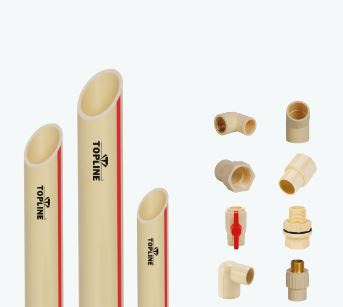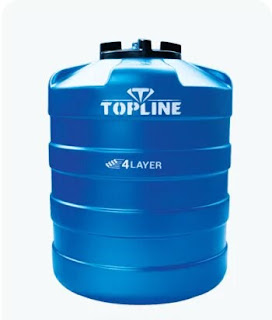Things That You Must Know Before Purchasing CPVC Pipes and Fittings
CPVC stands for Chlorinated Polyvinyl Chloride (CPVC) and is used for water supply lines in residential and commercial projects. CPVC pipes and fittings are ideal for use in an area where water is corrosive and makes it ideal for carrying both fresh water and wastewater. They can withstand water with a Ph level of any variations and can withstand temperatures of up to 93 degrees Celsius. This makes them useful in steam and hot water applications.
CPVC fittings are used to connect CPVC pipes and are available in a wide range of shapes, including elbows, tees, unions and couplings. CPVC fittings can be joined using solvent-welding or solvent-glue-type adhesives, or they have threaded joints. Because CPVC is made of plastic, it is more flexible than metal pipes and easier to install. However, CPVC pipes and fittings are more prone to damage if it comes into contact with acidic substances like chlorine or sulfuric acid. Furthermore, they can last for decades without rusting or cracking. CPVC pipes and fittings are preferable to PVC because CPVC has more resistant to corrosion and can work well for well water applications.
Now, let's discuss some of the important aspects that you must know before purchasing the CPVC pipes and fittings.
Ease in Installation
CPVC pipes and fittings are much easier to handle and install when compared to other types of pipes; this is due to their lightweight construction. They are easy to carry around and can be quickly inserted into holes without any restrictions. CPVC pipes are less likely to take up a lot of space in a trench, making them the perfect option for small spaces.
Uninterrupted and smooth continuous flow
CPVC pipes are known to have a smooth and continuous flow of water due to their smooth inner surface. This helps in many ways - one of which is reducing the risk of clogging. It also increases the efficiency of the flow as well as prevents debris from sticking and slowing down the water's natural flow. The smooth inner surface also helps reduce friction, which in turn helps reduce energy loss in your piping solutions.
Chemically resistant
It is a type of plastic pipe that has been treated with chlorine. This chlorine acts as a preservative and prevents it from rotting and disintegrating. They are chemically resistant to acids, alkalis, and solvents.




Comments
Post a Comment